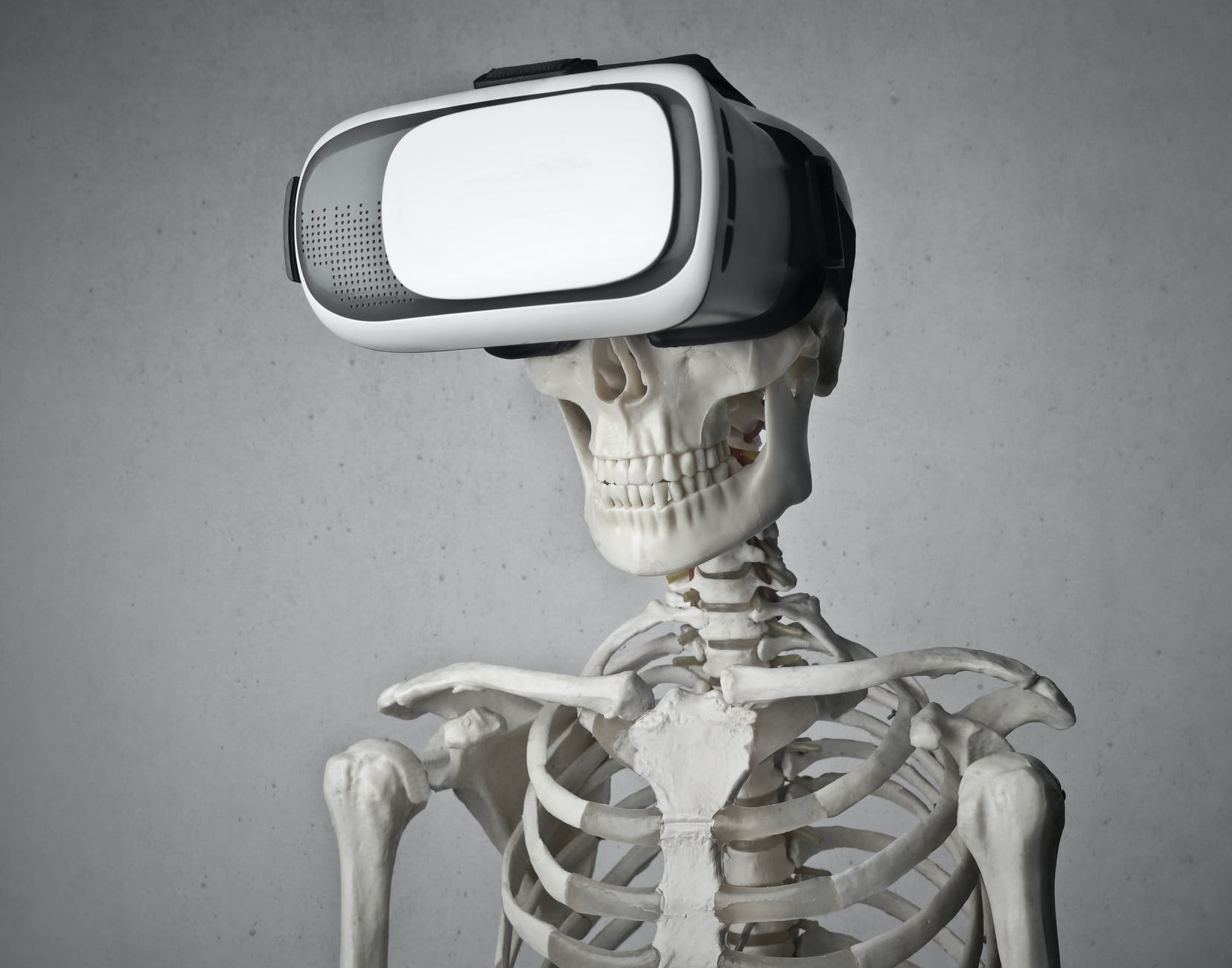The power of psychedelics is gaining increasing interest in several fields of science. Some professional philosophers are attracted to the impact of psychedelics on philosophical thinking, particularly on metaphysics, which is the science of the most fundamental questions of knowledge. In the TED speech below, Peter Sjöstedt-H digs up the “psychedelic history” of philosophy. He manages to bring up names like Plato, William James, Sartre, and Nietzsche, who had some experience with substances that could be considered psychedelic. However, it is pretty difficult to find convincing evidence for the contribution of psychedelics to the works and thinking of these philosophers. Instead, it seems that Sjöstedt-H wants, as it were, to secure the claim of philosophy for psychedelic research, although the questions remain unanswered for the time being. The most essential message in his speech seems to be just the wish that we would also take psychedelics seriously in science:
"Psychedelics should once more be taken seriously as intellectual and aesthetic instruments, that can help us to understand not only what consciousness is but what we humans really are and what we can become in our relation to the wonder that is nature."
Peter Sjöstedt-H
The philosophy toolkit
In the light of current research, the wish is more than well-founded, but it may still be appropriate to ask whether there is enough torque in the toolbox of philosophy to make that wish come true? As such, psychedelics and philosophy are an exciting combination—not because of synergies (there are none), but because they both are connected by the pursuit of the same mystery—the fundamental nature of reality. However, they do it very differently. Philosophy does it by reasoning and theorising; psychedelics show reality by changing the human psyche in practice. The observations made by philosophers about human perception are undoubtedly justified. But as philosophy has a somewhat naive belief in man’s unique position in nature (which refers to man’s ability to reach reality better than other beings), the qualifications to evaluate psychedelics and their effects is almost non-existent.
Philosophy will not allow psychedelics to be placed on an equal footing with itself.
There are some clear reasons for its reactions. First and foremost, psychedelics threaten to make metaphysics an unnecessary discipline by threatening to nullify scientific realism. Psychedelics destroy all metaphysics by offering much more than metaphysics can manage. Rationality so highly valued by philosophy has no special status in the realm of psychedelics. It has no standing whatsoever. Maybe that is why it assigns a higher position for itself. Psychedelics will be just a subject of study, not a parallel way of understanding consciousness. Philosophy has used to holding questions so fundamental that it no longer notices plain answers. Even at this stage, it does not realise how useless it could be in describing reality. An academic philosopher studying psychedelics is like an armoured sprinter; he doesn’t understand what he’s after and therefore uses inappropriate tools. The stubbornness of that kind of thinking is in danger of turning out to be ridiculous. This happened in philosophy a long time ago, as one author once put it:
“We have arrived at a stage of development in which concepts begin to deviate from their original meanings and gain the most obvious self-purpose, a state in which science becomes a sleepless, grey, and leaden reflection of its laws and in which the sole aim of philosophy is to define the sole aim of philosophy”. —Tatu Vaaskivi (a Finnish writer)
Psychedelics vs philosophy
Metaphysics is a branch of philosophy that, by definition, deals with the fundamental nature of reality. Philosophical views about the fundamental nature of reality are primarily based on so-called scientific realism, which argues that the reality described by the theories of science is the actual reality, that is, reality as it is. Psychedelics’ reality is tough if not impossible to fit into the reality of scientific realism. Psychedelics’ reality doesn’t provide actual answers; it only gives clues that we should put in the proper frame of interpretation. Philosophy, however, refuses to accept facts in which rationality has no place or worth. Because of this, philosophy inevitably drifts into irreconcilable contradictions. To break the deadlock, we should find out why scientific realism cannot describe the psychedelics’ reality.
Psychedelics are still an exotic phenomenon that threatens to go unexplained if explained in the context of scientific realism. The question remains, but the focus is beyond academic philosophy and scientific realism: why do psychedelics work the way they do, do they have any function, what do they say about consciousness and the human mind in general? The revelations psychedelics produce are an uncharted area of humanity’s impenetrable, dark jungle—the human mind. That vast darkness cannot be penetrated just by a scientific flashlight, which spreads only the light of rationalism. It seems that philosophy is only interested in new kinds of intellectual potentials. Let’s look for something much more specific: the key to the functions and activities of the human psyche, that is, the separate states of subconscious and consciousness. Incidentally, this is something that we cannot find out through psychedelics solely. The reason is that because psychedelics cause an artificial or “unconnected” altered state of consciousness. Therefore, the experience itself cannot unequivocally tell us the ultimate function of the state they produce.
But there is another way to do that…!
Mystical experience gives us a clue
Psychedelic experiences have a unique and rare “twin sister”, if you could say so, which so far only a few people know at all. That twin sister is the naturally occurring altered states of consciousness, meaning that the body’s mechanisms occasionally trigger a condition that leads to a radical change in the psyche. That is also called a mystical experience, mainly because it occurs entirely without warning for no apparent reason. A mystical experience is similar to a psychedelic experience; it only arises without any psychedelic substances, it only happens to some people, and usually appears only once in a lifetime and usually in late adolescence. Why this is happening this way in the first place is not yet known to science.
However, there is a clue what it might be due to.
So, where does this phenomenon come from? It is not a higher consciousness, not a deeper reality, not our superhuman nature, but, on the contrary, a return to the archaic mentality of all homo species. It is a profound psychic change in which the human individual finally grows into a rare state of archaic adulthood at the end of their physical and mental development. The change refers to the original mental state of homo species’ adults, which we have unfortunately lost due to evolution and a faulty growth mechanism. That particular defective growth mechanism of the psyche can only come to light through a naturally occurring altered state of consciousness. It should definitively end a period of human growth, which was only intended as a preliminary stage in life, the purpose of which was to protect us during the fragile years. The end of this period means the death of ego, individuality, free and active volition, and cognition. It should make room for instinctively controlled actions and let us abandon our cradle and expand our home circle to cover the whole of nature. Without the loss of individuality and ego, we cannot experience anything genuinely and sincerely; we are mentally lost and cannot understand the meaning of life. No matter how delightful the experience, it will remain short-lived and will pass away. However, if the mechanism works correctly, it should remain actively affecting the psyche. We are talking about the integration of psychedelic experiences only because the mechanism does not work. The brevity of the incident tells us that the altered states of consciousness are malfunctioning. The original function of change is to transform the individual permanently—from teen to adult!
The occasionally occurring mystical experiences that also contributed to the birth of religiosity are a partially functional remnant of this mechanism that our ancestors lost when they fought for their survival about 120,000 years ago. So it may be comforting that the mechanism can be activated by artificial chemical compounds, even if only for a moment. As you can see, in this way, psychedelics can be linked to the emergence of the human species, although not quite as Terence McKenna suggested.
It is likely that as enjoyable as philosophy might be, its thorough practice will only take us further away from the correct answers and understanding of reality. Therefore, philosophy should step out of its cave of shadows. Because analytic philosophy is not in the business of giving answers, but only questions, every philosopher who provides the correct answers invalidates himself as a philosopher.
It would be a good time for philosophy to think about how well its tools work and replace them if they don’t.



